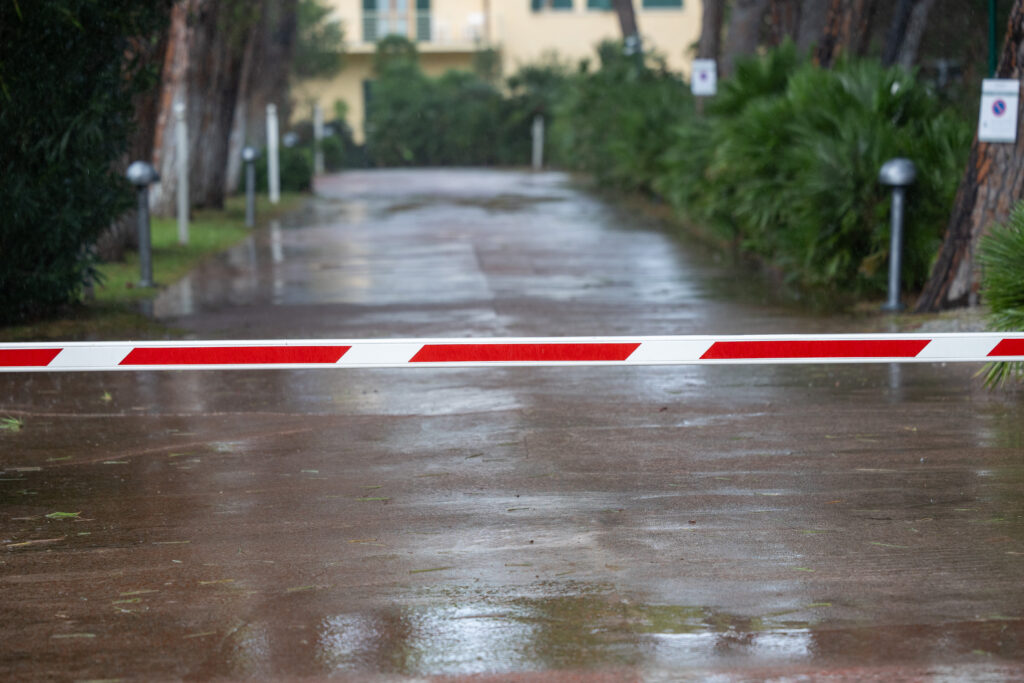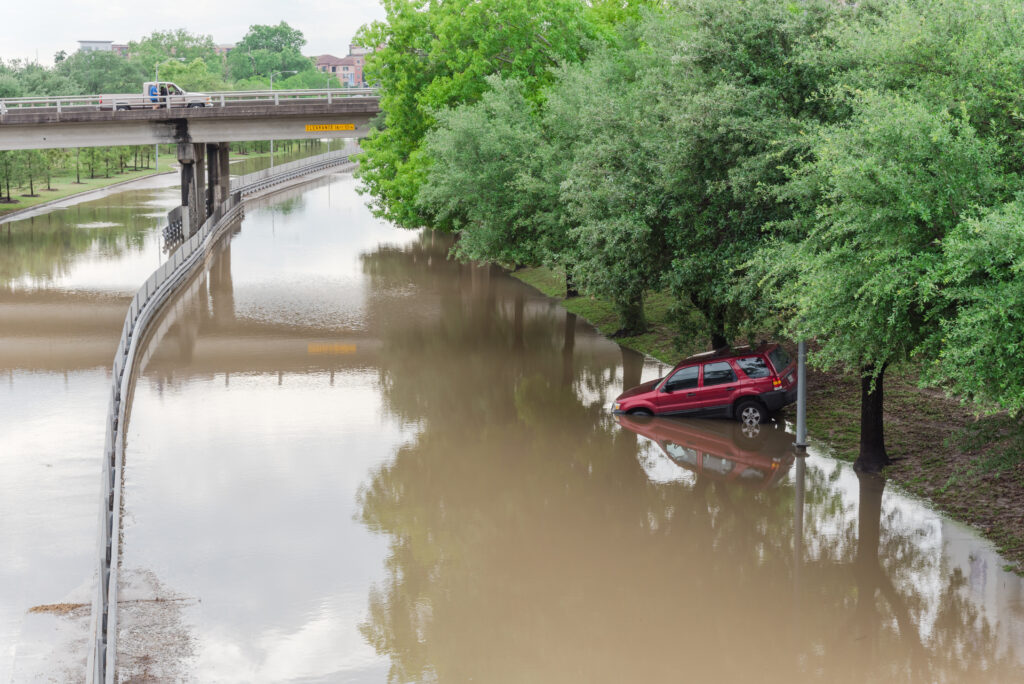
You might be surprised to know that New Jersey has one of the highest numbers of residential properties that have significant flood risk. According to one report, low income households may be disproportionately affected, as 25% of all affordable housing is in flood prone areas. Unfortunately, New Jersey faces threats from both coastal flooding and riverine flooding.
It’s also important to note that there are affordable housing units in every New Jersey neighborhood. There are other climate issues related to risk for many communities. Extreme weather events like hurricanes have caused a lot of property damage. The wreckage from hurricane Ida is the latest example, with some people still in temporary housing.
High Risk Flood Zones

Residents in coastal areas in particular are in high risk flood zones. Another example is the New Jersey city of Keansburg, where 90% of the properties are considered to be at high risk of flood damage. Coastal cities are at the highest risk for frequent flooding, due to any storm surge and resulting sea level rise.
Newark is another flood hazard area with significant flood risk to many communities. In Salem, over 75% of affordable housing units have significant flood risks. According to one report, there are too many senior affordable housing units exposed to significant flood risks.
Both coastal and inland areas face flood risks to properties. Cape May, Ocean City, Wildwood, Fortescue, Lavallette, Little Ferry/MetLife Stadium, Manasquan, and Pennsville Township are all heavily impacted.
Climate Change Impact

According to NJ Spotlight News, Hudson County and Bergen County are predicted to be the first exposed to the highest risk of structural damage from flooding, and other potential problems. One impact of climate change that we’re already seeing is a warming, as a result of pollution. This causes the sea level to rise, and increases flooding. Increased rainfall is causing riverine flooding inland, as well.
The fact is, local governments use property tax money to fund projects to protect and even rebuild communities and properties exposed to flooding and storm damage. Properties in areas prone to flooding typically require flood insurance coverage. Property values in these areas are consequently lower. Communities that plan ahead for emergencies ultimately have more climate resilience.
Flood Risk Notification Law

In New Jersey as of March 2024, the flood risk notification law went into effect. It compels home or real estate sellers and landlords to disclose flood risk information to potential buyers and renters. Both landlords and property sellers must disclose any actual knowledge of flooding or climate change risks to any real property.
They must also disclose if the property is in a FEMA (Federal Emergency Management Agency) Special Flood Hazard Area, or an area with moderate risk. It is now vital to know if you’re in a FEMA Special Flood Hazard Area if you own any real property. Any actual knowledge of flooding to any rental property must also be disclosed.
FEMA Flood Insurance

FEMA has what’s called the National Flood Insurance Program, or NFIP. This is a program that enables property owners in participating communities to purchase flood insurance. You could be eligible whether you’re a homeowner in the private sector, or you live on rental premises. A standard insurance policy does not cover flood damage.
FEMA set up the NFIP to help property owners and renters stay covered. NFIP claims can cover the property or rental premises as well as the contents within. But you need a special flood insurance policy to be covered. To determine if you live in a flood zone or are eligible to be insured by NFIP, visit this FEMA link.
Flood Risks
The New Jersey Department of Environmental Protection also works to reduce flood risks and identify flood zones. Besides the NFIP, this organization works with other nonprofits and federally funded organizations to reduce potential flood risks. Part of the process is identifying flood zones on flood maps that cover coastal areas, urban areas, and all types of properties.
Obtaining flood insurance is the best way to combat flood risks to your property. Climate changes are causing more significant flood risks, so it’s important to know if your property is located in a flood zone. According to the NJ DEP, the sea level is predicted to rise 2.1 feet above the level in 2000, by 2050. This puts more than 40,000 NJ properties in danger of coastal flooding.
Riverine Flooding, Flash Flooding

But that does not account for those inland, with flood risks like riverine and flash flooding, also with risk of potential damage to properties. The problem is, almost every report published does not include this data. The truth is, In New Jersey, almost every property has some sort of potential flood risk.
Impact on Home Values

Currently, demand for coastal property in NJ has diminished, which affects property values negatively. This is expected to get worse over the next decade, when the world will no longer be able to deny the effects of climate change. Flood risk is significant, and only getting worse. This definitely causes home values to decrease, while the cost of living continues to increase.
Properties with a significant flood risk, especially when located in a flood zone, have much higher insurance premiums. Coastal properties are the ones affected the most, as sea levels rise and property assessments decline. Properties with moderate to severe flood risk, located in a flood zone, or have experienced past flooding issues, are impacted the most.
Thinking of Selling?
Whether you live in a flood zone or have flood damage to your property, if you’re feeling overwhelmed and thinking of selling your NJ home, contact us here at NJ Cash Buyers. Save money on realtors’ fees and closing costs, and we don’t charge any fees. We buy houses in any condition, there are no home inspections. You can even choose your own closing date.
There are many different unexpected situations we help homeowners with. Selling your house for a fair, all cash offer is fast. You could have your money in as little as 7 days! You can get a free, all-cash offer with no obligation to accept, simply fill out this short form with the property address. A representative will be in touch within 24 hours to schedule a visit. We’ll make you a cash offer on the spot!